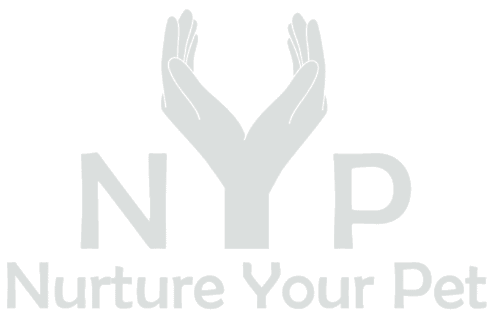Unmasking Canine Parvovirus
Canine Parvovirus (Parvo) is very contagious. It causes severe intestinal irritation and suffering in dogs. The virus rapidly multiplies and can swiftly overcome the dog's immune defence. This aggressive spread coupled with its high mortality rate makes Parvo a significant threat to unvaccinated puppies and juvenile dogs.
This virus spreads through direct contact with an infected dog or indirectly through a Parvo-contaminated environment. Contaminated feces are a common source of the virus, making public areas frequently visited by other dogs a potential hotspots for Parvo.
Identifying Symptoms of Canine Parvovirus
Recognizing the signs of Parvo can make a life-saving difference. Prompt detection can expedite treatment, dramatically improving survival rates. Dogs infected with Parvo often display the following symptoms:
- Severe vomiting: Repeated and severe vomiting is one of the early signs of infection.
- Bloody diarrhoea: Parvo causes severe inflammation in the intestinal tract, leading to bloody stools.
- Loss of appetite: Infected dogs will often lose interest in food, leading to rapid weight loss.
- Lethargy: Dogs infected with Parvo often become unusually tired and uninterested in usual activities.
- Fever: High temperatures may indicate that the dog's body is fighting off an infection.
In case these symptoms manifest, rush your dog to a vet immediately. Your dog's survival rate increases with prompt treatment.

Diagnosis and Confirmation of Canine Parvovirus
A thorough medical history and physical exam can help vets diagnose Parvo. This is followed by laboratory tests, including the fecal ELISA test. The ELISA test identifies Parvo antigens in your dog's feces, confirming the diagnosis.
Managing Canine Parvovirus: Treatment Strategies
While there is no direct cure for Parvo, supportive care and symptom management can help dogs recover. The treatment primarily includes:
- Intravenous fluid therapy: This combats dehydration caused by severe vomiting and diarrhea.
- Antiemetics: These drugs control nausea and vomiting, providing some relief to the distressed animal.
- Antibiotics: These help to ward off any secondary bacterial infections that may occur due to a weakened immune system.

Prevention: The Key to Combat Canine Parvovirus
Prevention remains our best defence against Parvovirus. Protect your dog by taking the following measures:
- Timely Vaccination: Administer the Parvo vaccine to puppies when they are six to eight weeks old, followed by booster shots every three to four weeks until they reach 16 weeks.
- Maintain Hygiene: Clean and disinfect your dog's living quarters regularly. Given Parvo's resilience in the environment, a bleach-based cleaning solution can effectively kill the virus.
- Controlled Socialization: Limit your puppy's engagement with other canines until it has received all of its vaccinations. Avoid dog parks, kennels, and other high-contamination locations. Dealing with Canine Parvovirus might be intimidating, but with knowledge, vigilance, and quick action, we can offer a healthy and safe environment for our four-legged friends.
Conclusion
Canine Parvovirus can make dog ownership tough. This contagious sickness can harm our dogs, especially puppies and young dogs. We can protect our dogs by educating ourselves and taking precautions. Severe vomiting, bloody diarrhea, lack of appetite, lethargy, and fever can be identified and treated early, enhancing survival odds.
By ensuring a clean-living environment and limiting exposure to potentially infected areas, we can help to protect our dogs from this dangerous virus. Perhaps the most effective weapon in our arsenal against Canine Parvovirus is prevention, especially through timely and regular vaccinations. By being responsible dog owners and ensuring our pets receive all their necessary shots, we can provide them with a solid defense against this virus.
While Canine Parvovirus is a formidable threat, it doesn't have to be a death sentence. Through awareness, early detection, timely medical intervention, and proactive preventive measures, we can ensure our furry companions live a long, healthy, and Parvo-free life.








